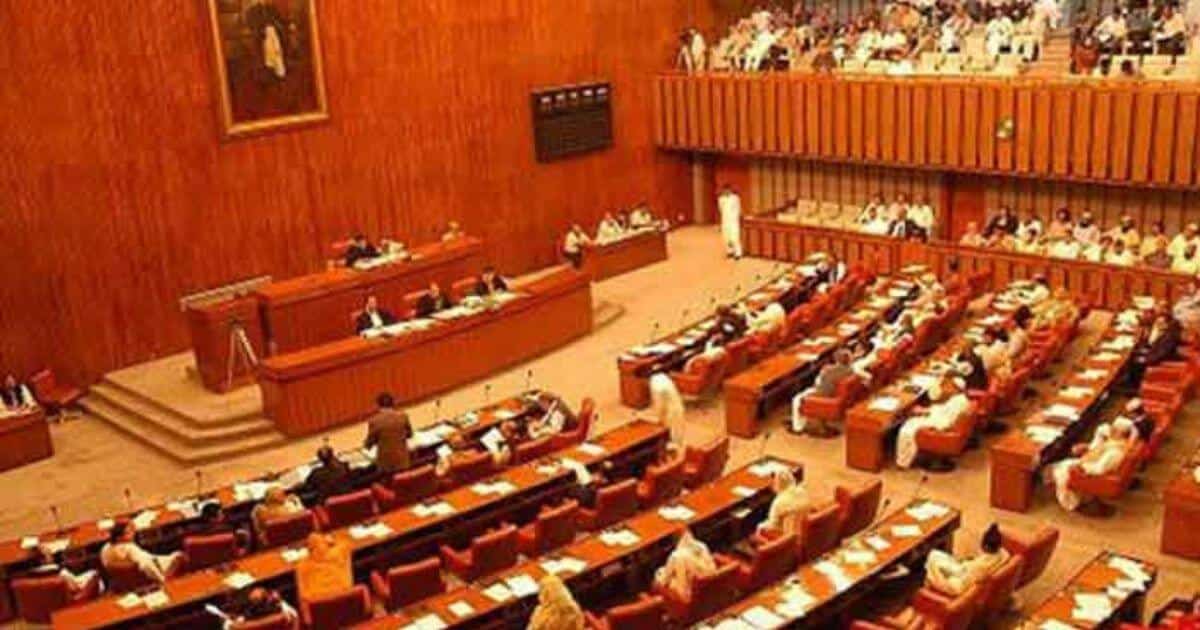Senate body concerned about precarious status of affairs at Federal Urdu University
In Islamabad, the Senate Standing Committee on Federal Education and Professional Training convened to address the concerning situation at the Federal Urdu University. Under the guidance of Senator Irfan Siddiqui, the committee delved into several pressing matters.
Initiating discussions based on Senator Sadia Abbasi’s Senate session concerns, the absence of a structured service system and promotion policies for university teachers in BPS grades took precedence. The committee learned that the Higher Education Commission (HEC) is actively working on this issue. Chairman Siddiqui directed HEC officials to conclude their work by January 15, 2024, presenting a comprehensive report on the proposed “Uniform Service Structure.”
Regarding the regularization of daily wage teachers in Islamabad, updates revealed that 137 teachers have received notifications, while 223 others who cleared the FPSC examination await cabinet approval. The education secretary assured that the pending recommendations would be endorsed in the upcoming cabinet meeting, expediting the regularization process. Further notifications for other eligible daily wage employees will follow suit.
Regarding payment, the committee learned that efforts are being made to ensure a monthly payment of Rs32,000 to daily wage teachers in Islamabad.
The acting vice-chancellor of the Federal Urdu University shed light on salary disbursements and proposed plans to relocate the university’s principal seat to Islamabad. Financial constraints have hindered salary payments, with only 40 percent being fulfilled. Senator Siddiqui directed the HEC chairman to examine legal aspects in collaboration with the ministry to resolve this.
Expressing opposition to relocating the principal seat, Senator Siddiqui stressed the importance of addressing legal complexities. The HEC chairman attributed financial challenges to malpractices in recruitment and promotion within the university administration and highlighted insufficient government grants to the HEC.
The chairperson of the Private Educational Institutions Regulatory Authority briefed the committee on the organization’s operations, staff, and financial status. Concerns were raised about the shortage of qualified teachers in private educational institutions, unjustified fee hikes, and inadequate employee salaries.
Clarifying a High Court ruling, the chairperson affirmed that private institutions could increase fees by a maximum of five percent annually.
Senator Siddiqui directed the authority to present a detailed report in the next meeting, outlining steps taken to address teacher training and regulate private educational institutions.

